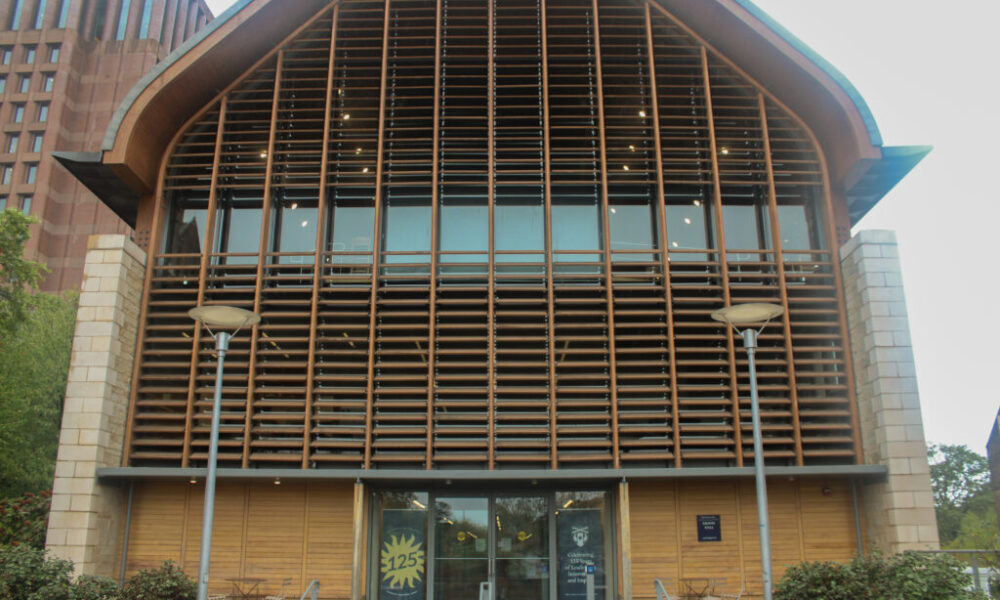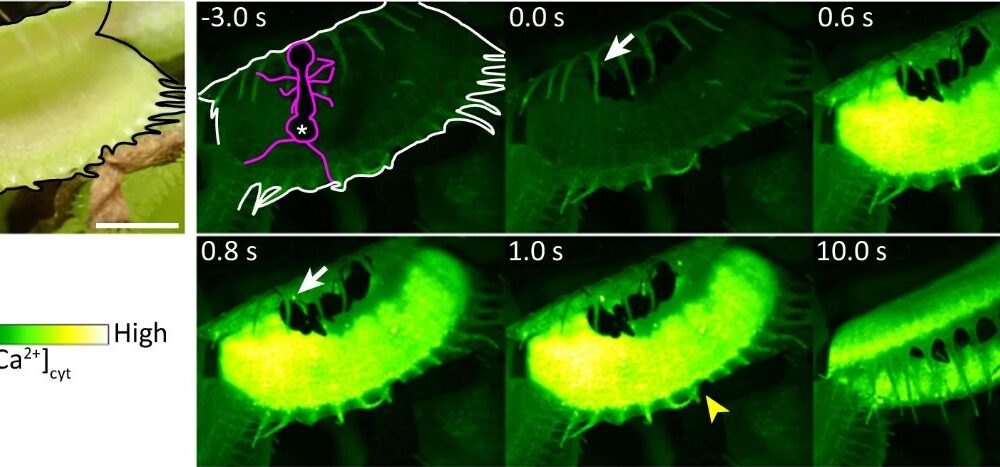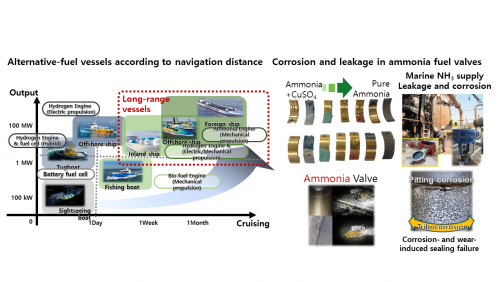Beginning in August 2024, the Yale School of the Environment will introduce two new graduate programs: the Executive Master of Environmental Management (EMEM) and the Executive Master of Forestry (EMF). These one-year, accelerated programs are designed for professionals with at least a decade of experience in environmental fields, offering a focused residential education to enhance their careers.
Program Details and Structure
According to Dean Indy Burke, the new executive programs aim to provide a high-touch, immersive educational experience similar to that of traditional two-year degrees. Burke stated, “The executive master’s degree programs will provide the same, high-touch immersive experience but in a highly personalized program that is designed specifically for senior leaders and mid-career professionals.”
The EMEM and EMF programs are a revival of the original one-year master’s programs that were previously offered by the school. Mark Ashton, senior associate dean of The Forest School, noted that these revitalized programs are tailored for individuals who have established environmental careers, thus fostering an environment conducive to advanced learning and collaboration.
Applicants to the EMF program must possess a degree in forestry, natural resources, or a related environmental field, along with ten years of relevant work experience. Ashton emphasized the importance of immersion in these fields, stating, “Once you are in a job and in the daily routine of work, it is very difficult to take time out and catch up on the tremendous advances in knowledge on the science and management of the environment.”
Alumni Insights and Program Impact
Agustín Carbó, a graduate of the 2011-12 mid-career residential program, highlighted the profound impact of his experience at Yale. Following his studies, Carbó worked for the Environmental Protection Agency and was appointed as the inaugural chairman of the Puerto Rico Energy Bureau in 2022. He described his time at the school as “an amazing experience,” noting the tight-knit atmosphere and the faculty’s ability to provide a holistic perspective on environmental issues.
“Like my advisor, Prof. Brad Gentry, told me, ‘This is like a candy store.’” – Agustín Carbó
Carbó pointed to his role as executive director of the Puerto Rico Solid Waste Authority as an example of how his education allowed him to integrate various areas, such as climate change, to tackle critical waste management challenges.
The fully residential nature of the program will allow students to engage closely with faculty and peers on Yale’s campus. Kenneth Gillingham, the school’s senior associate dean of academic affairs, expressed optimism that the inclusion of experienced leaders would enrich the academic environment. “There has long been an interest in bringing in a small number of mid-career environmental leaders to the Yale School of the Environment, as they add greatly to intellectual discourse,” he noted.
Founded in 1900 as the Yale Forest School, the institution has a long-standing commitment to developing leaders in environmental management and policy. The launch of these new master’s programs represents a significant step in adapting to the evolving needs of environmental professionals worldwide, providing them with the skills and insights necessary to make impactful contributions in their fields.







